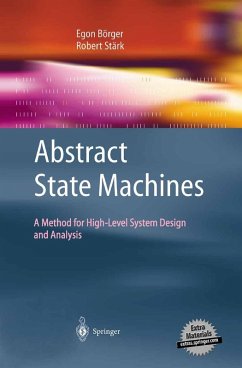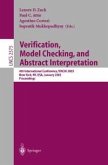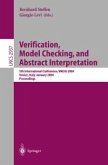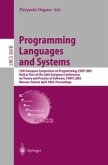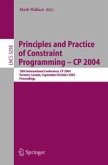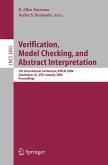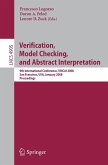The systems engineering method proposed in this book, which is based on Abstract State Machines (ASMs), guides the development of software and embedded hardware-software systems seamlessly from requirements capture to actual implementation and documentation. The method bridges the gap between the human understanding and formulation of real-world problems and the deployment of their algorithmic solutions by code-executing machines. Within a single conceptual framework it covers design, verification by reasoning techniques, and validation by simulation and testing. ASMs improve current industrial practice by using accurate high-level modeling and by linking the descriptions at the successive stages of system development in an organic and efficiently maintainable chain of rigorous and coherent system models at stepwise-refined abstraction levels. In several industrial projects the ASM method has proven its superiority compared to the popular UML methodology when designing complex parallel or dynamic systems. This book combines the features of a textbook and a handbook: the reader will find detailed explanations, proofs, and exercises as well as numerous examples and real-world case studies. Researchers will find here the most comprehensive description of ASMs available today and professionals will use it as a "modeling handbook for the working software engineer." As a textbook it supports self-study or it can form the basis of a lecture course. Even more information can be found on the related website maintained by the authors: http://www.di.unipi.it/AsmBook/
Dieser Download kann aus rechtlichen Gründen nur mit Rechnungsadresse in A, B, BG, CY, CZ, D, DK, EW, E, FIN, F, GR, HR, H, IRL, I, LT, L, LR, M, NL, PL, P, R, S, SLO, SK ausgeliefert werden.
From the reviews:
"The Turing Test gives a comprehensive, in-depth and contemporary assessment of this classic topic in artificial intelligence. This book elaborates in detail the numerous conflicting points of view on many aspects of this multifaceted, controversial subject. ... This volume is a valuable reading for research on the Turing test and for teaching undergraduate and graduate students in philosophy, computer science, and cognitive science." (Jörg Desel, Zentralblatt MATH, Vol. 1040 (9), 2004)
"Borger and Stark do an admirable job of documention and extending a method for bridging the considerable gap between theoretical system models, which often only allow for toy systems to be modeled and require proofs to be done only by hand, and real-life systems and practices." (Shrisha, Rao, Ceda Rapids, IA, Computing Reviews, February, 2004)
"The Turing Test gives a comprehensive, in-depth and contemporary assessment of this classic topic in artificial intelligence. This book elaborates in detail the numerous conflicting points of view on many aspects of this multifaceted, controversial subject. ... This volume is a valuable reading for research on the Turing test and for teaching undergraduate and graduate students in philosophy, computer science, and cognitive science." (Jörg Desel, Zentralblatt MATH, Vol. 1040 (9), 2004)
"Borger and Stark do an admirable job of documention and extending a method for bridging the considerable gap between theoretical system models, which often only allow for toy systems to be modeled and require proofs to be done only by hand, and real-life systems and practices." (Shrisha, Rao, Ceda Rapids, IA, Computing Reviews, February, 2004)

